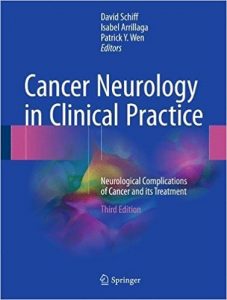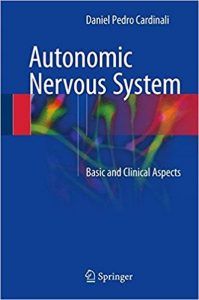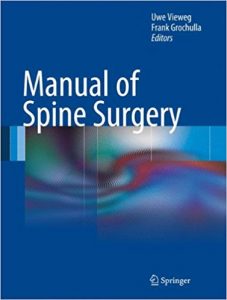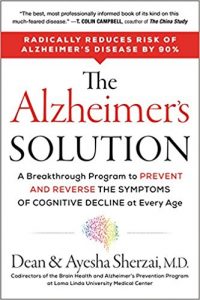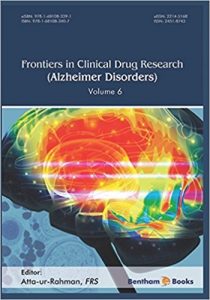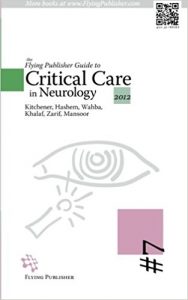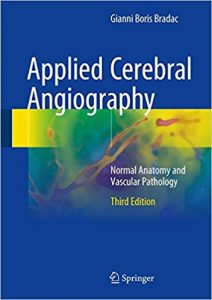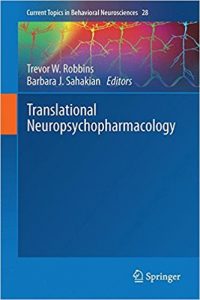Neuroimaging: Anatomy Meets Function 1st ed. 2018 Edition
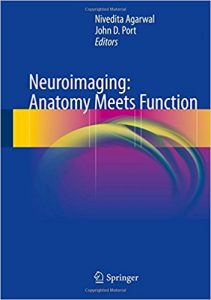
[amazon template=iframe image2&asin=3319574264]
This book combines classic MR anatomy with current understanding of human brain function. Recent advances in neuroscience have highlighted the importance of correlating brain anatomy with underlying brain function, since the brain contains a highly sophisticated organization of anatomical and functional relationships that are not readily “visible” with standard imaging. The use of magnetic resonance imaging is rapidly increasing in the field of neuroscience, and remains at the forefront for offering insights into the normal and pathologic structure and function of the human brain.
The relatively recent concepts of structural and functional connectivity make it even more important to visualize the brain as a whole rather than looking at its individual parts. This holistic approach is vital in understanding concepts such as neuroplasticity that are currently incorporated into physical and cognitive rehabilitation programs for patients with stroke or neurodegenerative diseases. Ultimately this combined approach may reduce both overdiagnosis and misdiagnosis when integrated into routine clinical routine. This book will be of interest to neuroradiologists, general radiologists and neurologists alike, as well as medical students, residents and fellows.
About the Author
Nivedita Agarwal is a board-certified neurologist and neuroradiologist currently working at the Hospital of Rovereto, Azienda Provinciale per i Servizi Sanitari in Trento, Italy. She is appointed adjunct assistant professor at the Department of Radiology, subsection of Neuroradiology of the University of Utah in 2010 and annually fulfills her responsibilities by teaching to residents and fellows in radiology and neuroradiology. She serves as the medical director for Functional Neuroimaging Laboratory at the University of Trento. Over the past six years she has diversified her teaching experiences in the areas of Radiology, Cognitive Neuroscience and Mathematics at the universities of Verona, Trento, Utah and at Johns Hopkins. Her signature lectures include combining neuroanatomy with function, and she has organized several seminars in this field over the past 5 years. Her research includes the development of diffusion tensor and resting state functional imaging techniques and their applications to individual patients (so-called Precision Medicine). She is the author of several scientific articles in peer-reviewed journals and has been an invited speaker at national and international scientific meetings.

